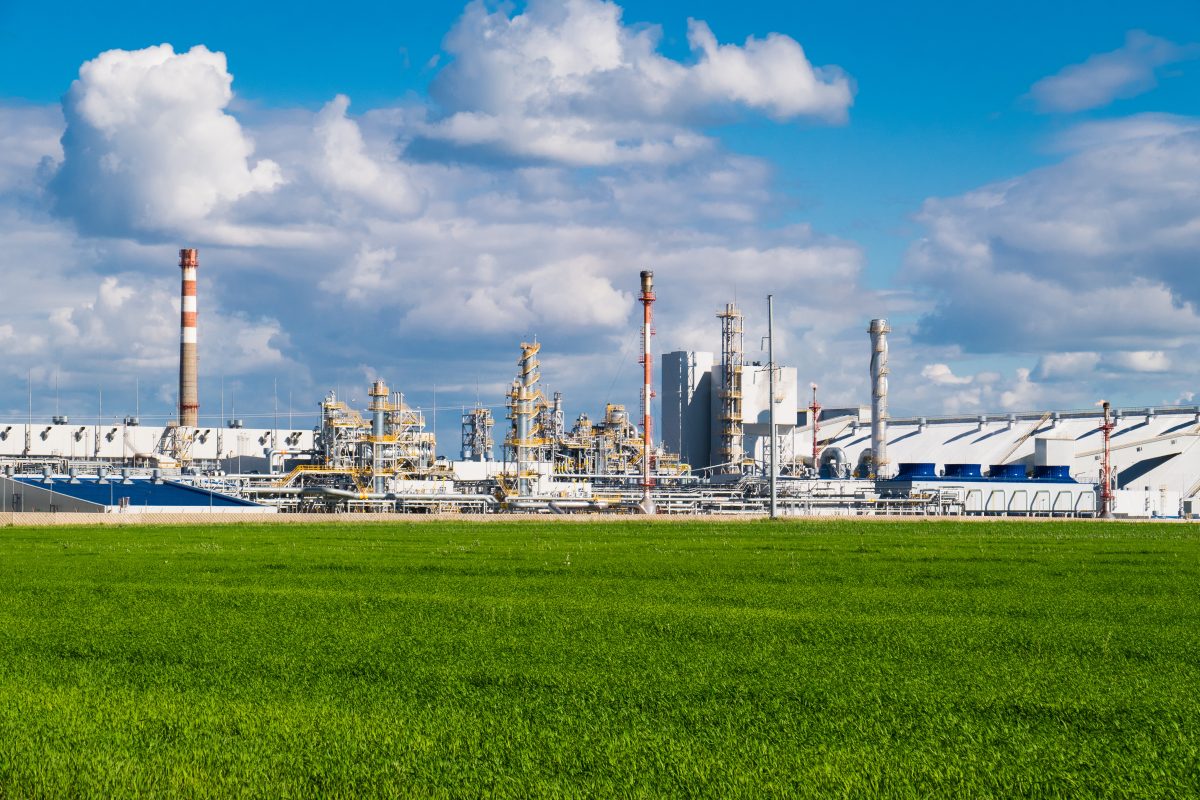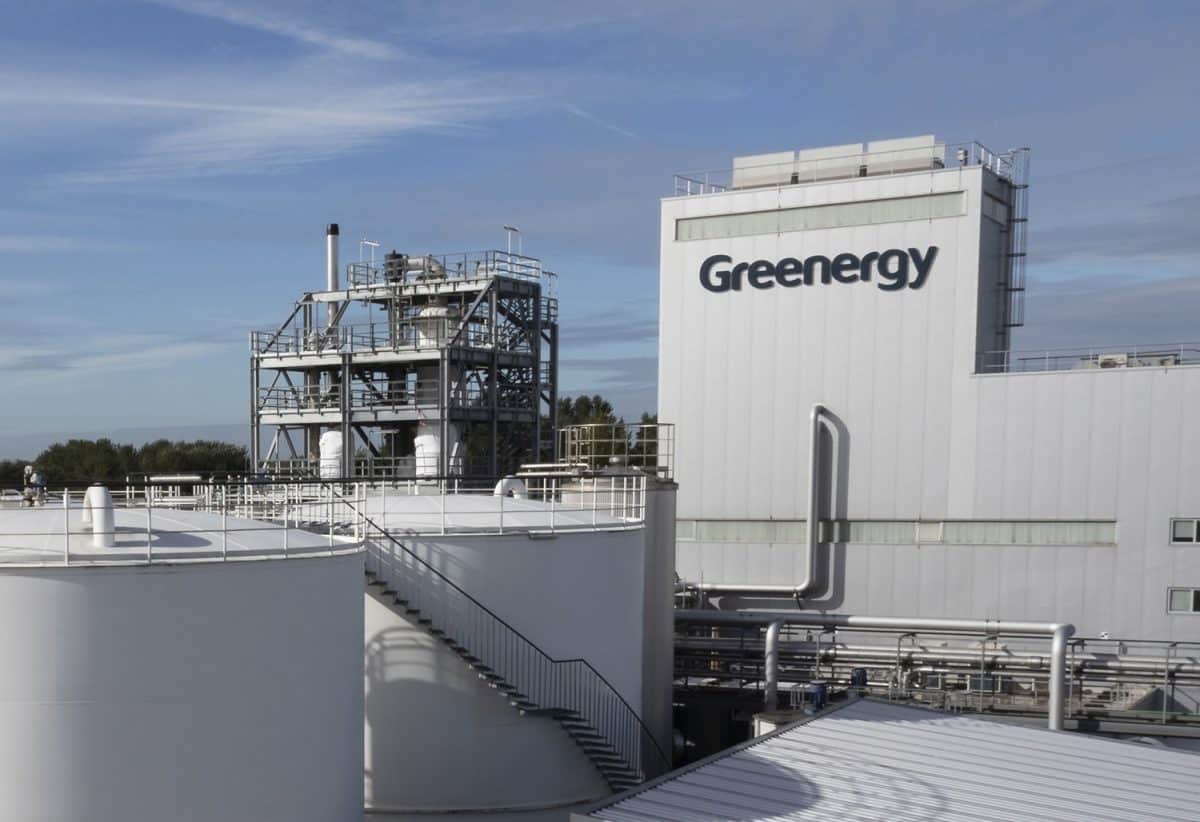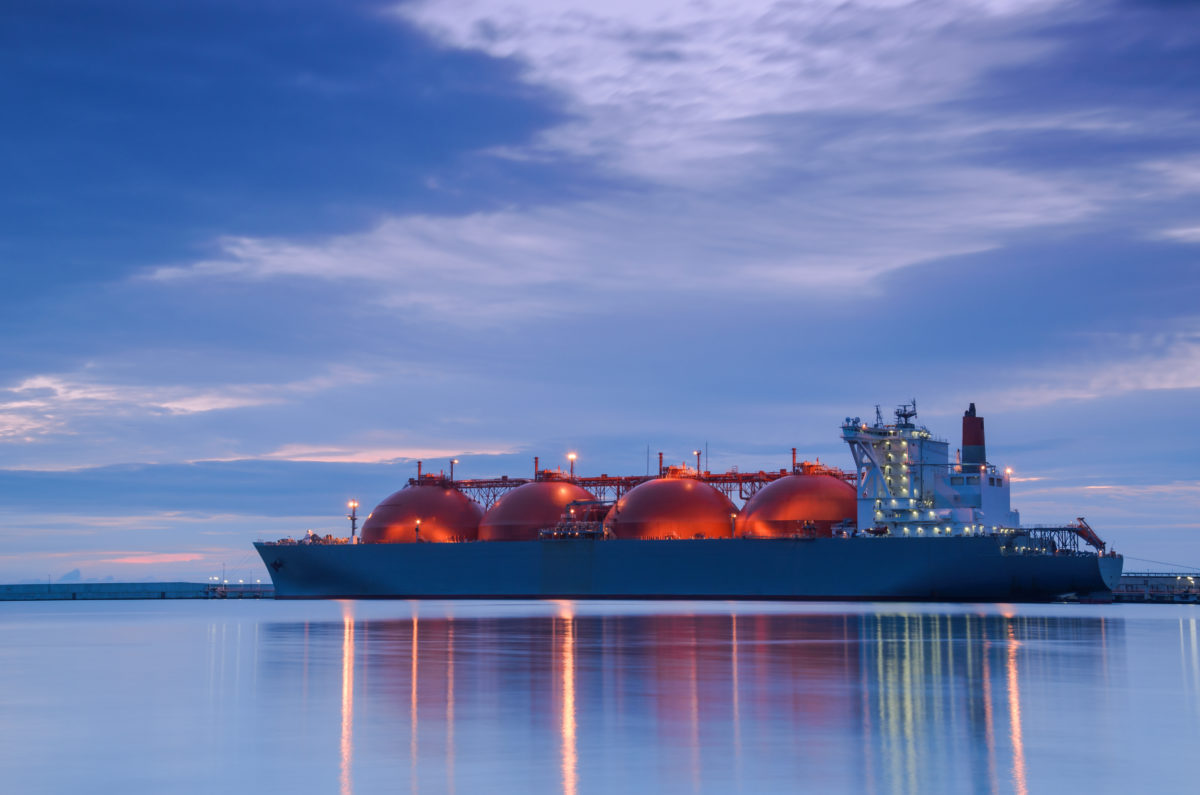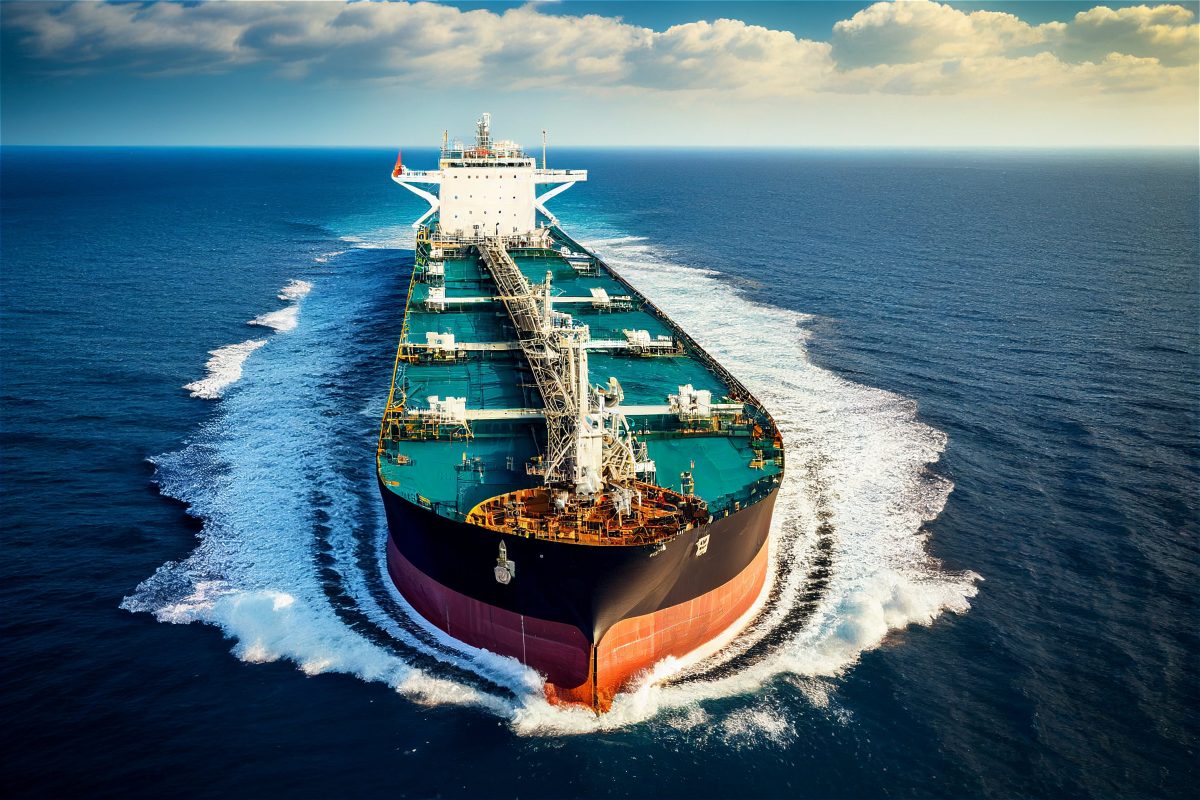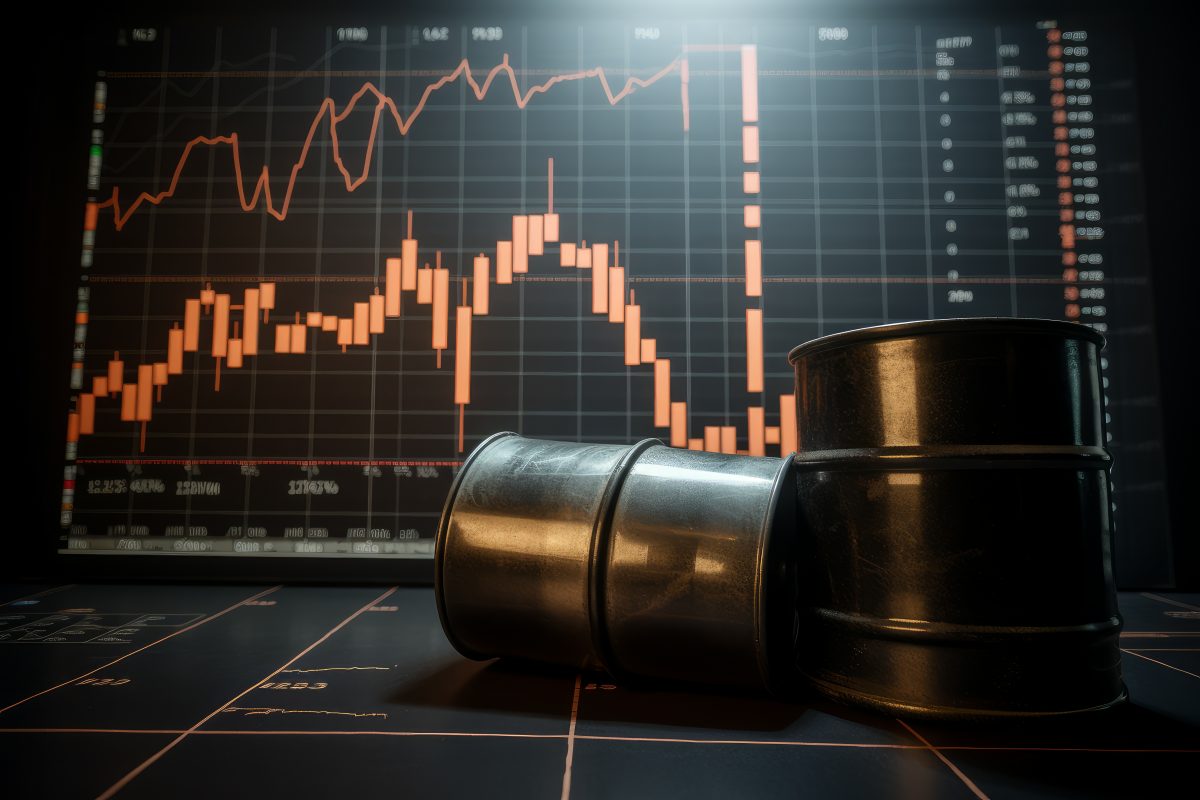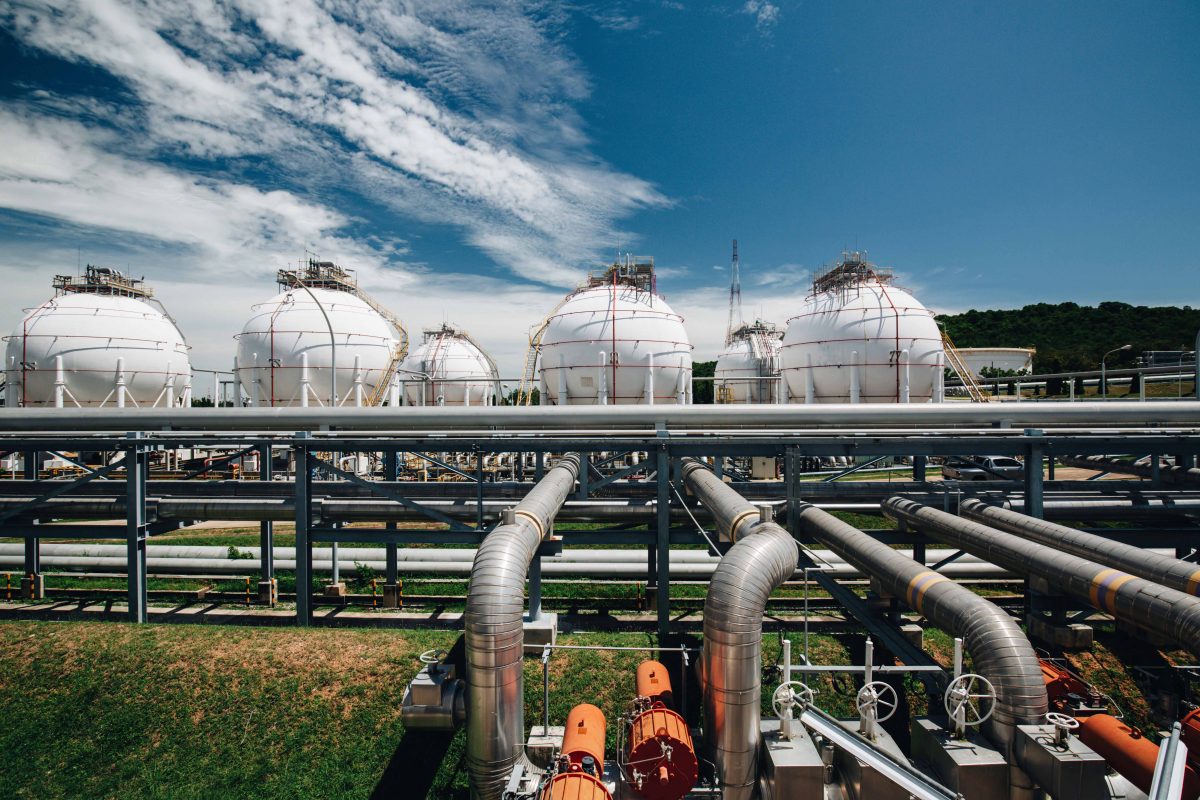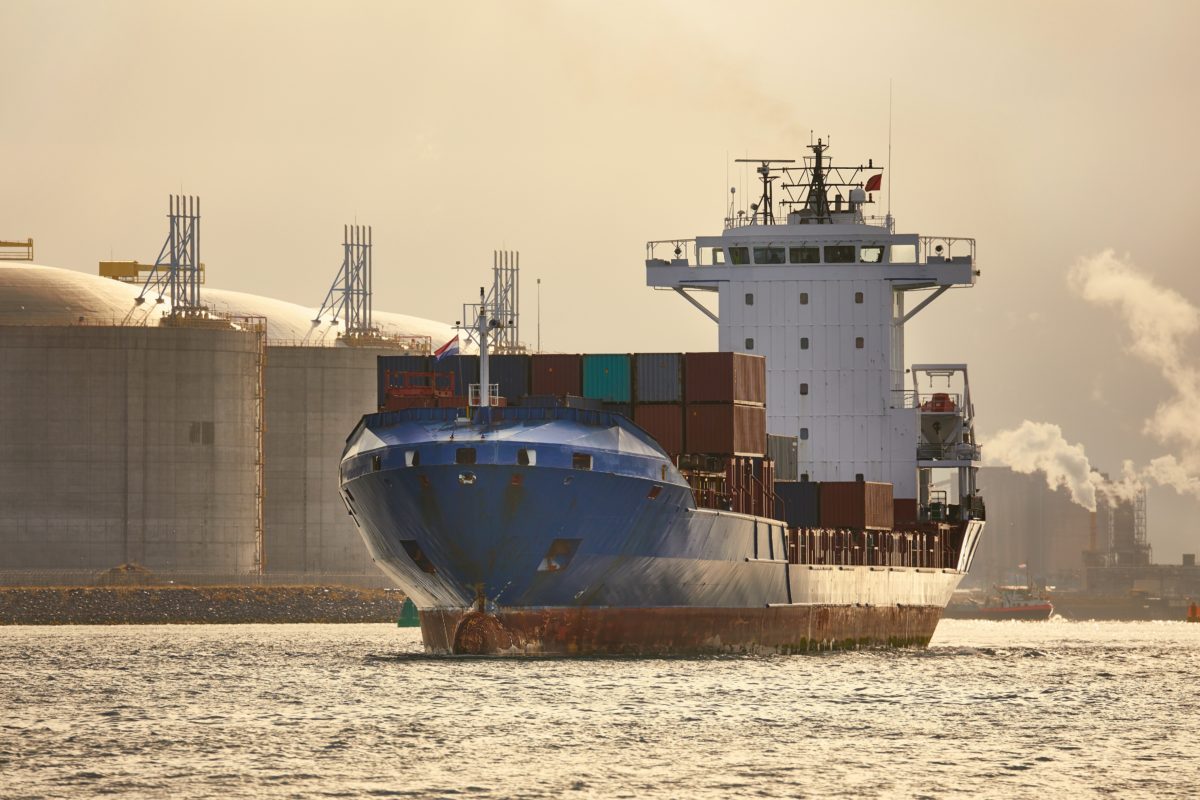Oil prices are being driven higher by geopolitical events, James Davis, FGE’s Director of Short-Term Global Oil Service and Head of Upstream Oil, told Rigzone.
“You can say there is some ‘risk premium’ as a result, but it would be more accurate to say part of this ‘risk premium’ is due to ‘trade friction’ as shippers avoid the Red Sea,” Davis added.
“Vessels avoiding the Red Sea, means longer voyage times, which means more oil on the water, less oil on the land, and as a result, premiums for prompt crude,” he continued.
“Whether you call it a risk premium or trade friction, the geopolitical events are pushing oil prices higher,” Davis went on to state.
When Rigzone asked Carole Nakhle, the CEO of consultancy Crystol Energy, if there is a geopolitical risk premium in the oil price right now, Nakhle said, “we all know that geopolitics affect oil markets but no one knows how to quantify the risk premium which depends on one’s own perception of the risk to supply disruptions”.
“But the geopolitical risk should not be taken in isolation from other important market conditions, including – how tight supplies are to start with? how rapidly demand is growing? Is there sufficient spare capacity in the system? The answer to these questions will determine the magnitude of the geopolitical risk premium,” Nakhle added.
“Today, we haven’t seen supply disruptions. Demand is not booming. Non-OPEC+ supply is healthy, so is the spare capacity largely thanks to OPEC+ cuts,” Nakhle went on to state.
When Rigzone asked Macquarie the same question, the company responded with a report published earlier in February, in which Macquarie strategists said, “a combination of factors have driven the recent oil rally”.
“The key factors include an increase in Middle East and Russia related risk premiums, and an unusually large number of global production outages,” the strategists added in that report.
In a separate report sent to Rigzone on January 23, Macquarie strategists noted that, “without current geopolitical tensions, we believe crude would sell off meaningfully”.
“Over time, we expect supply risk premiums to decouple from conflict risk, analogous to Russia-Ukraine,” they added at the time.
The Brent Crude oil price closed at $77.33 per barrel on February 2, $82.77 per barrel on February 13, $83.67 per barrel on February 22, and $83.65 per barrel on February 27.
Middle East Incidents
In a statement posted on its X page on February 28, U.S. Central Command (Centcom) noted that, on February 27, between the hours of 9.50pm and 10.55pm Sanaa time, U.S. aircraft and a coalition warship “shot down five Iranian-backed Houthi one-way attack (OWA) unmanned aerial vehicles (UAV) in the Red Sea”.
“Centcom forces identified these UAVs originating from Houthi-controlled areas of Yemen and determined they presented an imminent threat to merchant vessels and to the U.S. Navy and coalition ships in the region,” Centcom added in the statement.
“These actions will protect freedom of navigation and make international waters safer and more secure for U.S. Navy and merchant vessels,” it continued.
In a statement posted on its X page on February 27, Centcom revealed that, on February 26 between the hours of 4.45pm and 11.45pm Sanaa time, its forces “destroyed three unmanned surface vessels (USV), two mobile anti-ship cruise missiles (ASCM), and a one-way attack unmanned aerial vehicle (UAV) in self-defense”.
“The USV and ASCM weapons were prepared to launch towards, and the UAV was over, the Red Sea. Centcom forces identified the USVs and missiles in Houthi-controlled areas of Yemen, as well as the UAV over the Red Sea, and determined that they presented an imminent threat to merchant vessels and to the U.S. Navy ships in the region,” it added.
“These actions are taken to protect freedom of navigation and make international waters safer and more secure for U.S. Navy and merchant vessels,” Centcom continued.
In a previous X post, Centcom noted that, on February 24 at 11.45pm Sanaa time, “the Iranian-backed Houthis launched one anti-ship ballistic missile likely targeting the M/V Torm Thor, a U.S.-flagged, owned, and operated chemical/oil product tanker in the Gulf of Aden”.
“The missile impacted the water causing no damage or injuries. Earlier in the evening, at about 9pm Sanaa time, USCENTCOM forces shot down two one-way attack unmanned aerial vehicles over the southern Red Sea in self-defense,” it added.
“A third UAV crashed from an assessed in-flight failure. Centcom forces identified the UAVs and determined they presented an imminent threat to merchant vessels and to the U.S. Navy ships in the region,” it continued.
Coalition Strikes
In another X post on February 24, Centcom stated that, at approximately 11.50pm Sanaa time, Centcom forces, alongside UK Armed Forces, and with support from Australia, Bahrain, Canada, Denmark, the Netherlands, and New Zealand, “conducted strikes against 18 Houthi targets in Iranian-backed Houthi terrorist-controlled areas of Yemen”.
“These strikes from this multilateral coalition targeted areas used by the Houthis to attack international merchant vessels and naval ships in the region. Illegal Houthi attacks have disrupted humanitarian aid bound for Yemen, harmed Middle Eastern economies, and caused environmental damage,” it added.
“The targets included Houthi underground weapons storage facilities, missile storage facilities, one-way attack unmanned aerial systems, air defense systems, radars, and a helicopter. These strikes are intended to degrade Houthi capability and disrupt their continued reckless and unlawful attacks on international commercial and U.S. and U.K. vessels in the Red Sea, Bab AI-Mandeb Strait, and the Gulf of Aden,” Centcom went on to state in the post.
“The goal of this multi-national effort is to defend ourselves, our partners, and allies in the region and restore freedom of navigation by destroying Houthi capabilities used to threaten U.S. and partner forces in the Red Sea and surrounding waterways,” it continued.
By: Rigzone / Andreas Exarheas, February 29, 2024


